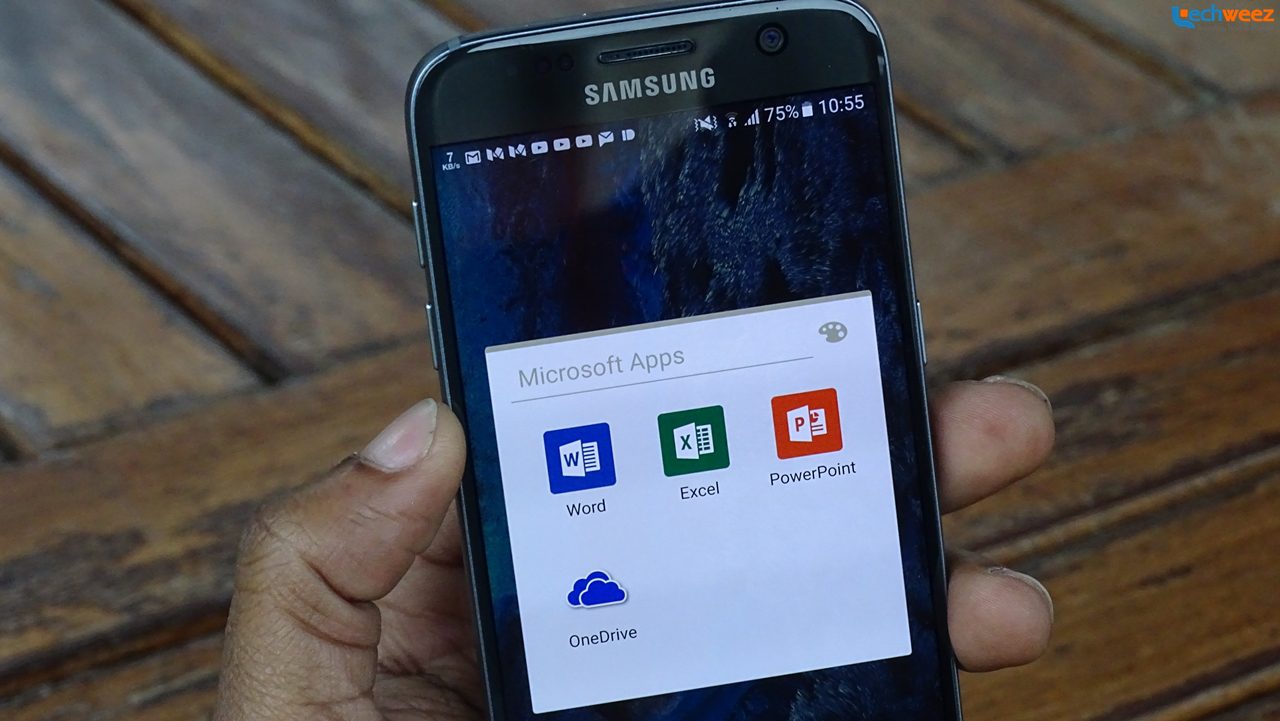

Microsoft’s new focus is no longer trying to drive users to its own mobile platform but, instead, reaching out to users on whichever platform they prefer and providing such enticing solutions that they’ll have no choice but to use whatever the company throws their way. This can be seen in the number of applications it has released for mobile platforms from its industry rivals Google and Apple.
There are a lot of quality apps available to both Android and iOS users that originate from Redmond. This has largely been as a result of the company’s failure to make its own mobile platform successful as well as the realization that it is becoming harder by the day to tie down services users want to a single platform. As such, besides availing its apps on the Play Store, the company has been keen on signing up device makers who will preload its core apps on their new devices and as a result drive further user adoption.
That has been the case over the last one year when the company had an agreement with Samsung to preload several of its applications on its Galaxy smartphones. Those apps (OneDrive, OneNote etc) even got their own Microsoft folder on either the home screen or the app drawer.


Today, though, Samsung is no longer prioritising OneDrive on its devices as can be seen in the Galaxy Note 7 where the company has introduced its own competing cloud storage offering in Samsung Cloud.
So, what to do?
Pursue other partners as well. That is exactly what Microsoft has done after managing to ink a deal with Chinese device maker Lenovo that will see Lenovo preload Microsoft apps like Skype, OneDrive and Office on its new smartphones. According to various reports, the smartphones in question will only be Lenovo’s premium devices.
Just like in the Samsung case, the agreement with Lenovo also involves patents touching on both Lenovo and Motorola devices. It is one way for the company to get value from device makers like Lenovo and Samsung whose devices use some of its patents and have had to pay for royalties. Word on the street puts the figure at not less than $5 per device or more than $2 billion every year. That is at least $5 paid to Microsoft for every Android device sold. That has meant that Microsoft has been making more money from the royalties Android device makers pay it than from sales of its own Lumia mobile devices and licensing of its Windows Phone operating system.
Even though it has recently been kicked out of the top 5 smartphone vendors in the world list, Lenovo still ships millions of smartphone units annually and a good number of those will now ship with Microsoft apps pre-installed.



















